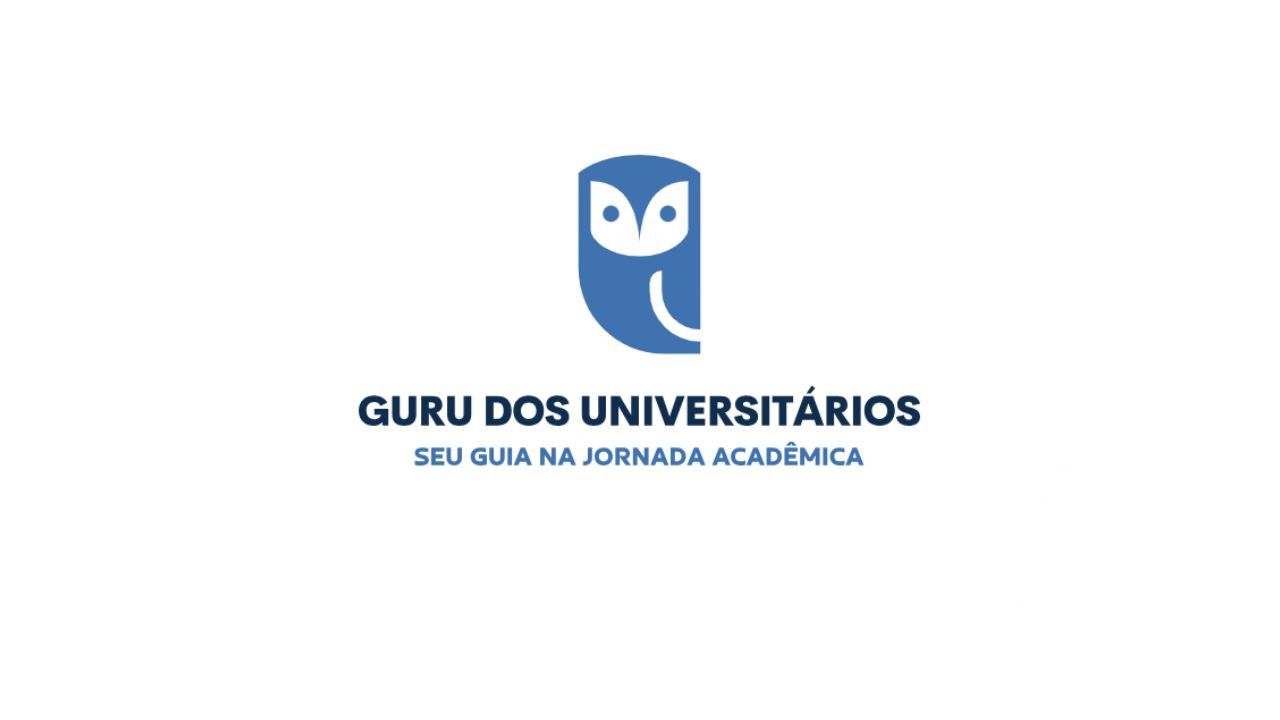Myth-Busting: Common Misconceptions About University Life in Brazil
University Life: Fact vs. Fiction
When it comes to university life in Brazil, many misconceptions abound. These myths can shape perceptions and expectations, often leading to surprises for international students and even locals. In this post, we will delve into some of the most common misconceptions about university life in Brazil and set the record straight.

Myth: All Brazilian Universities Are the Same
One of the biggest misconceptions is that all Brazilian universities offer a similar experience. In reality, Brazil boasts a diverse range of institutions, each with its unique characteristics. From federal and state universities to private institutions, the educational landscape is varied. Some universities are known for their research capabilities, while others excel in arts and humanities.
Federal universities, for instance, are often seen as prestigious due to their rigorous entrance exams and government funding. In contrast, private universities may offer more specialized programs and smaller class sizes, providing a different educational environment.
Myth: Brazilian Universities Lack Facilities
Another common myth is that Brazilian universities lack modern facilities. While it is true that some institutions may have limited resources, many universities across the country have made significant investments in their infrastructure. Campuses often feature state-of-the-art laboratories, libraries, and recreational facilities that rival those found in other parts of the world.

Additionally, many Brazilian universities have partnerships with international institutions, facilitating student exchanges and collaborative research projects. This global integration enhances the educational experience and broadens students' perspectives.
Myth: University Life in Brazil Is All About Parties
The stereotype of Brazilian universities being party-centric is another myth that doesn't reflect reality. While social activities are an important part of university life—just as in any other country—students are also deeply committed to their academic responsibilities. Balancing studies with leisure is a skill that students hone over their university years.
Cultural festivals, student organizations, and academic conferences provide a rich tapestry of experiences beyond just nightlife. These activities help students develop essential skills such as leadership, teamwork, and cultural awareness.

Myth: The Language Barrier Is Insurmountable
A significant concern for international students is the language barrier. Although Portuguese is the primary language of instruction, many universities offer courses in English and provide language support services to help non-native speakers adapt. Additionally, the Brazilian people are known for their warmth and hospitality, often going out of their way to help international students feel at home.
For those willing to learn Portuguese, there are numerous resources available both within and outside the university setting. Mastering the language can greatly enhance the overall experience and open up more opportunities for engagement with the local culture.
Myth: Brazilian Universities Are Not Globally Recognized
Lastly, there's a misconception that Brazilian universities lack global recognition. In truth, several Brazilian institutions are highly ranked in global university rankings and are known for their academic excellence in various fields such as engineering, medicine, and social sciences.
These universities frequently collaborate with international partners on research projects and offer opportunities for students to participate in exchange programs. Such initiatives not only boost the global profile of these institutions but also enrich the academic journey for students.
In conclusion, while university life in Brazil may have its unique challenges and opportunities, it is far more diverse and enriching than commonly perceived. By dispelling these myths, prospective students can make informed decisions and fully embrace the vibrant educational landscape that Brazil has to offer.
